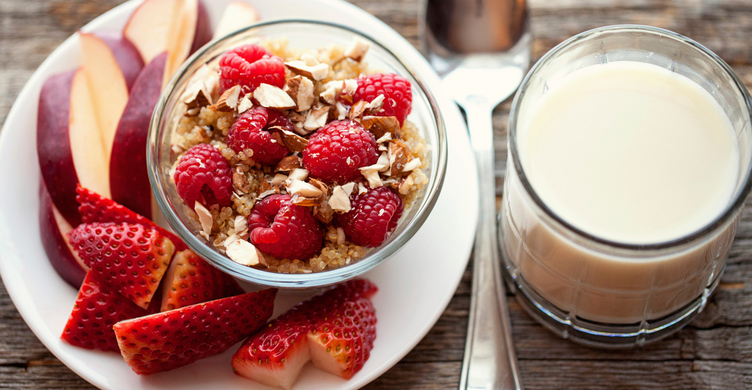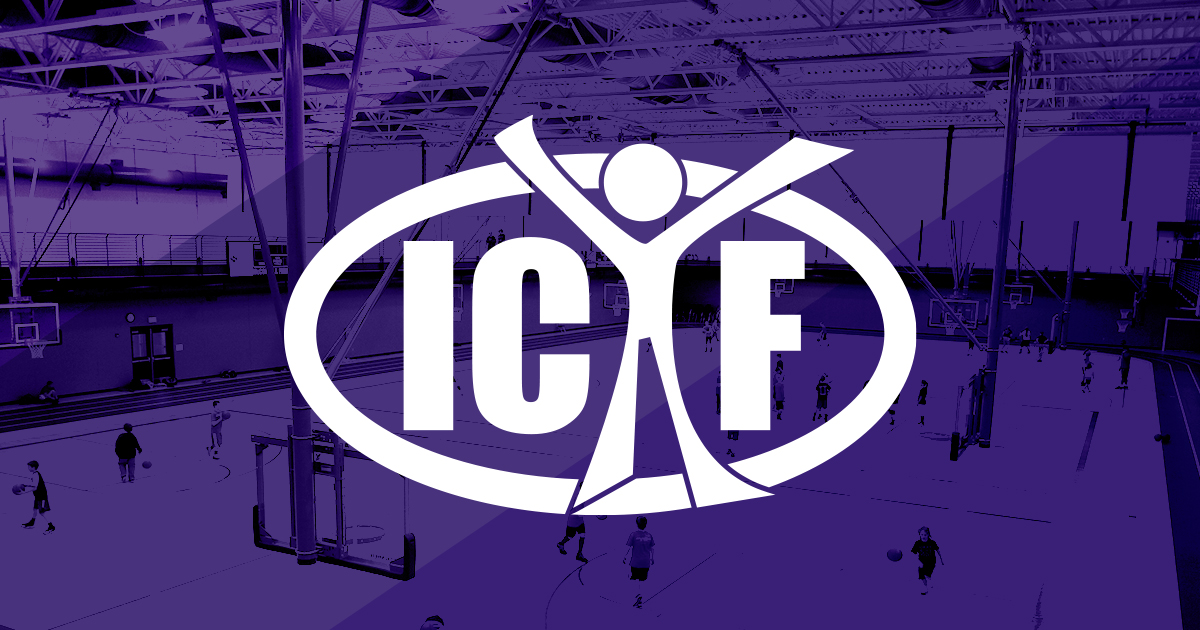Jennifer DeWall RDN, CSSD, LD works with ICYF to provide expert advice on sports nutrition and healthy eating to the student and families of Indianola. A registered dietitian/nutritionist, Jennifer owns a private practice that focuses on helping athletes stay on the cutting edge with superior nutrition.
As an athlete, don’t skimp on breakfast. It is unrealistic to think grabbing a piece of toast or pastry on your way to school (or worse yet, not eating at all!) is going to tide you over until lunch. You don’t have to wake up extra early to sit down and have a full course meal but should be eating at least 400 calories (many athletes will need to eat more than this, depending on your size and activity level.) This can be achieved even for busy athletes who like to push the snooze button.
A healthy breakfast should consist of whole grains which are high in B vitamins that help to unlock your body’s natural energy and protein to keep you satisfied longer. Breakfast is also a great time to get in some fruit, low-fat dairy or even veggies!
Are you typically not hungry in the morning? Think about what you ate the night before. If you did some late night snacking or ate a big dinner late, you probably aren’t hungry. Try to avoid this and shift your focus to eating more in the morning. Eating breakfast is a must when it comes to fueling your body for success.
Not a fan of breakfast food? No problem. It’s okay to eat leftovers from the night before or even make yourself a turkey sandwich to go. It is more important that you eat something to get your metabolism going than not eat at all. You may also want to select from one of the snack ideas in the “On the Go Snacks for Athletes” guide.


